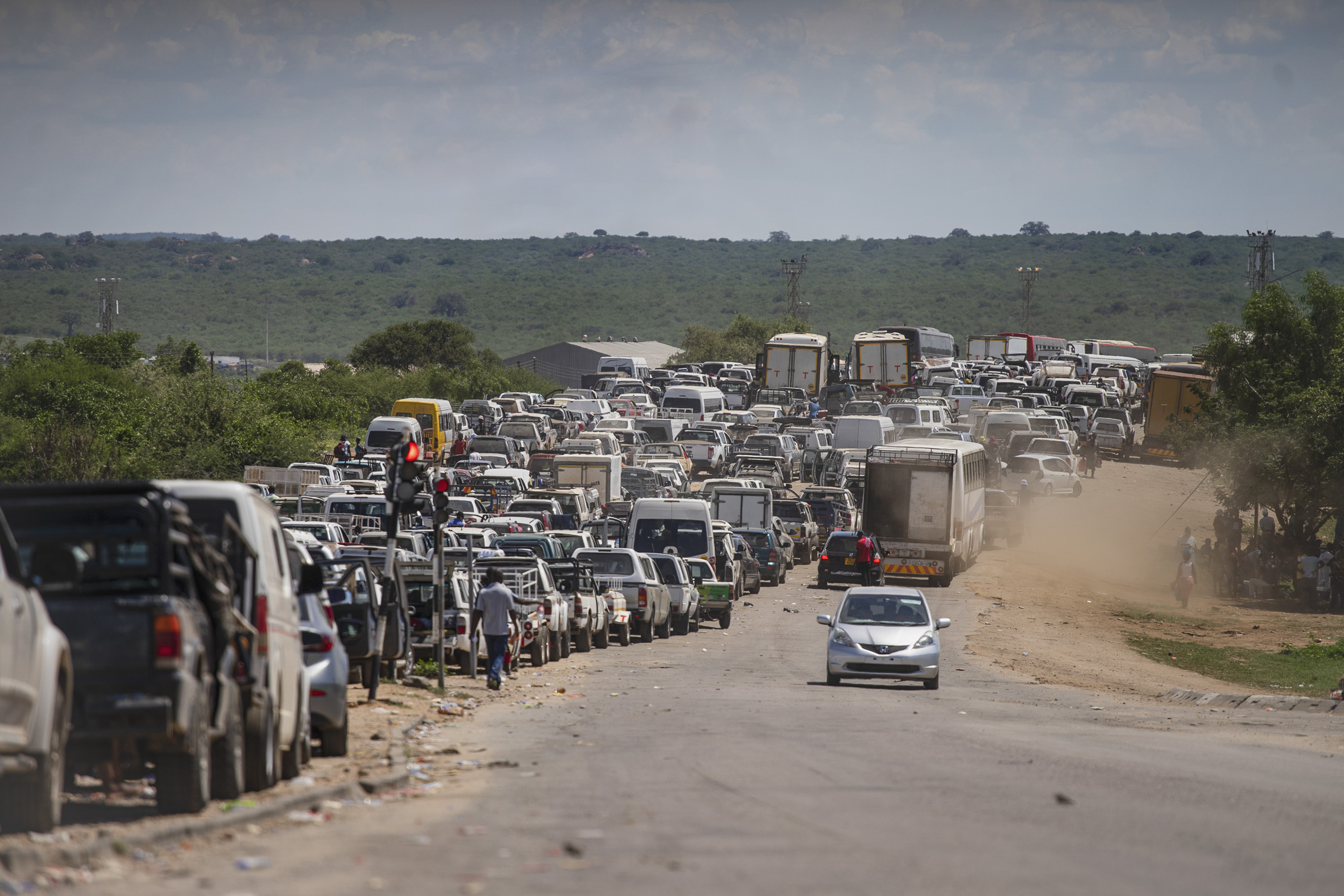MEASURES recently put in place by the government in the wake of the deadly new Covid-19 variant — Omicron — discovered in South Africa and Botswana last week, could be undermined by Zimbabwe’s porous borders.
Cases of the new variant have been reported in neighbouring countries, South Africa and Botswana, which share borders with Zimbabwe.
With many locals taking advantage of Zimbabwe’s porous borders with South Africa, Botswana, Mozambique and Zambia, chances are very high that Omicron, which South Africa says is rapidly becoming the dominant strain, could soon flood Zimbabwe.
Amid reports by South Africa’s National Institute for Communicable Diseases (NICD) that there has been an “exponential increase” in infections in that country over the past two weeks from a daily tally of 1 275 last week to 8 561 cases recorded on Wednesday, the potential for the new variant to hit Zimbabwe hard is very high.
That is why we welcome the Zimbabwe Republic Police (ZRP)’s pledge to intensify operations to guard against possible border jumpers who could come to Zimbabwe in big numbers ahead of the festive season.
The promise of increased border patrols by the ZRP comes as corruption has been blamed for the continued movement of people in and out of Zimbabwe despite the current ban on non-essential travel.
Police national spokesperson Paul Nyathi recently conceded that border jumpers were possible Omicron variant transmitters.
He revealed that they had arrested 6 791 border jumpers since January mostly for their involvement in smuggling.
Strangely, there have been reports of cross-border buses ferrying people even though borders are currently open only for commercial cargo.
The government has an obligation to fully resource the ZRP to carry out this important operation against border jumpers because all the measures they recently put in place which, among other things, require returning residents and international visitors to undergo a PCR test upon arrival in addition to a 10-day mandatory quarantine, could all be in vain.
With the business community justifiably complaining that the new measures were a death knell for the hospitality and tourism industries, it is important to ensure that the porous borders are effectively patrolled so as to give the new Covid-19 procedures a higher chance of success.




